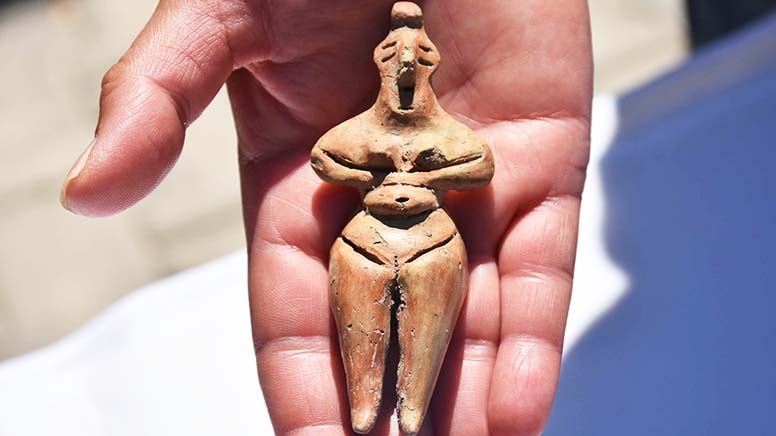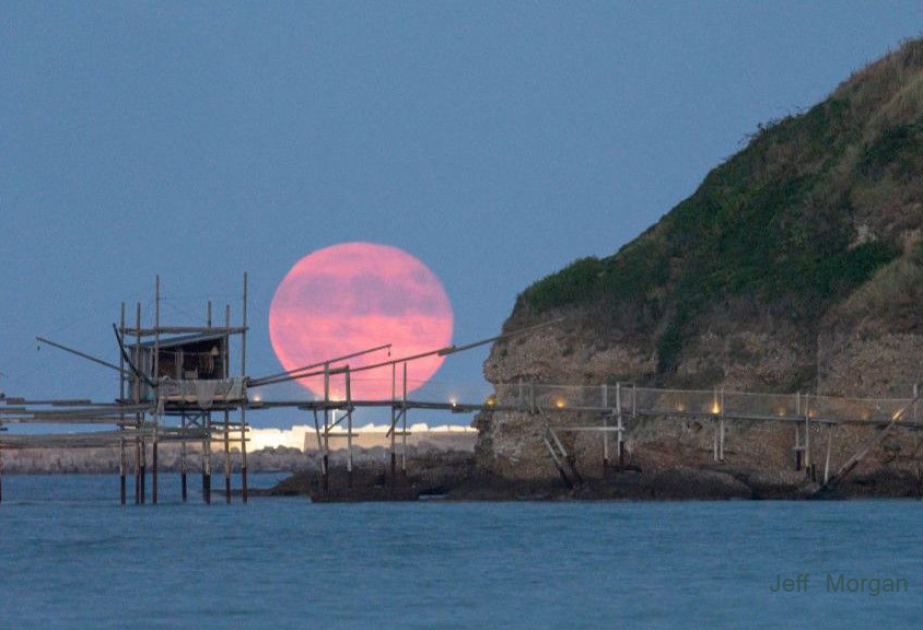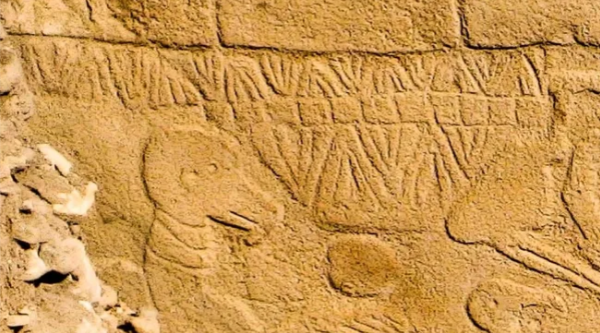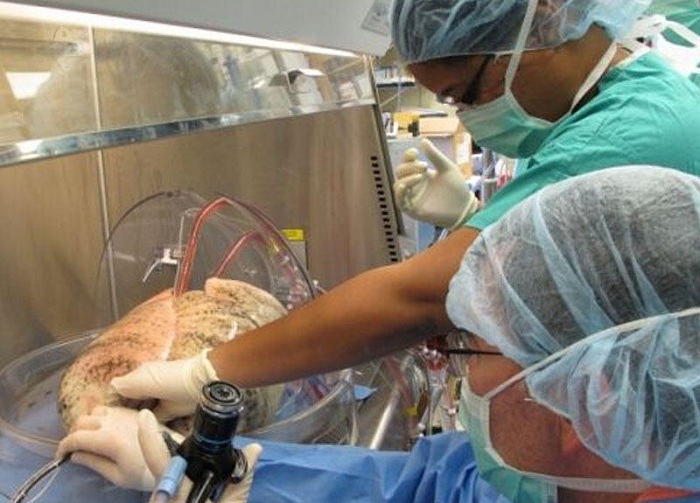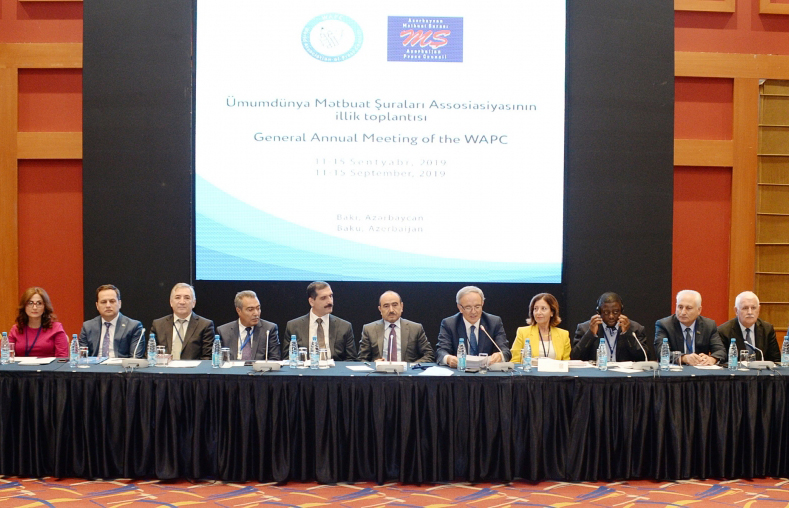
- A-
- A
- A+
Baku hosts annual meeting of World Association of Press Councils
A meeting of the World Association of Press Councils has kicked off in Baku, on September 12.
The two-day event is attended by representatives from approximately 20 countries of Asia, Europe and Africa, as well as international organizations such as the UN and the Council of Europe, heads of local media and experts.
Aflatun Amashov, chairman of the Press Council of Azerbaijan, said that the World Association of Press Councils was created in 1992. It included journalists from several states of the USA, Turkey, India, Pakistan, Bangladesh, Nepal, Zimbabwe, Kenya and other countries. From then until now, events have been held in member countries of the structure, where the problems of journalists are discussed and ways to solve them, an exchange of views is held on the development trends of world media.
The Chairman of the Press Council spoke about the successes achieved in the field of media in Azerbaijan. He noted that in 1998 censorship was eliminated in our country, and the legislative framework of mass media was improved and media is completely independent. Azerbaijan also successfully continues its activities and online media. In our country, about 3 million people use social networks. In Azerbaijan, ethnic groups live in peace and tranquility. Media also supports public policy in this direction.
Then, Assistant to the President of the Republic of Azerbaijan on socio-political issues Ali Hasanov welcomed the participants Baku meeting of the World Association of Press Councils on behalf of President Ilham Aliyev and the government. He said that the national press and other mass media of Azerbaijan have gone through various stages of development for more than 100 years and have become an integral part of public life and one of the driving forces of civil society. After the restoration of its independence in 1991, the reflection in the new Constitution of the Republic of Azerbaijan of 1995 of freedom of thought and speech, among fundamental human rights, laid the foundation for a new historical stage in the development of the media. The abolition of censorship of the media in accordance with the Decree of President Heydar Aliyev on August 6, 1998 in our country opened up broad prospects for the creation of self-regulatory free media without external influence. The adoption of new laws in the subsequent period in connection with the media, the receipt of information, national television and radio broadcasting, public television, freedom of information and other areas has become a necessary legislative basis for the development of the media.
Recalling the important steps taken to strengthen the material and technical base of the media in our country over the past 25 years, to strengthen the social protection of journalists, Ali Hasanov highlighted that in accordance with the orders of the President of Azerbaijan, the media were exempted from VAT at the end of 1998, canceled custom duties on printed matter imported into the country, the debts of the media to the state were written off, and the issuance of long-term and soft loans to them was additionally ensured.
One of the key steps that have an important impact on the development of the media in our country, in particular, print media, is the adoption of the “Concept of State Support to the Development of the Media of the Republic of Azerbaijan” in accordance with the Decree of the President of Azerbaijan dated July 30, 2008 and in accordance with the requirements of this document, in 2009, the State Support Fund for the Development of Mass Media under the President of the Republic of Azerbaijan was created. Since 2009, tens of millions of manat have been allocated from the state budget and the needs of journalists to finance media projects.
In addition, in accordance with the orders of the President of Azerbaijan, two multi-apartment residential buildings for journalists were built and transferred for use, and construction of the third one is ongoing. Since 2000, anniversaries of the national press of Azerbaijan are regularly celebrated at the state level. In 2005, 2010, 2015 and 2016, hundreds of journalists were awarded honorary titles and state awards. All this gave a great incentive to the media to fully satisfy the country's information needs. Currently, the total number of officially registered media exceeds 5,000. Azerbaijan ranks first among the CIS countries and Eastern Europe in terms of the number of media. Up to 40 daily, more than 200 weekly and monthly newspaper magazines and other media products are published in the country, as well as about 300 news and analytical sites, about 20 news agencies, and about 100 media outlets in the regions. The country has 11 nationwide, 4 satellite, 17 cable, 25 Internet and 13 regional television channels, 14 radio stations. Today, over 50 journalistic organizations are registered in Azerbaijan, up to 30 organizations are actively engaged in issues of strengthening freedom of speech and information, economic independence of the press, protection of the rights of journalists, regulation of relations between public, he stated.
Informed about the activities of the Internet and social networks in Azerbaijan, Ali Hasanov brought to the attention that at present more than 80 percent of the country's population are Internet users and Azerbaijan ranks first among the countries of the world in these indicators.
The number of Internet sites registered under the domain Az. exceeds 20 thousand. In addition, as a result of the great importance attached in Azerbaijan at the state level to freedom of speech and thought, there are no restrictions in broadcasting broadcasts of transnational media structures on the territory of the country, at the same time citizens have free access to social networks such as Facebook, Twitter, Youtube and Instagram.
The country has more than 3 million users of social networks, which is a very large indicator for a state with a population of 10 million people. As a result of the importance attached to social networks at the state level, the official social profiles of the President of Azerbaijan Ilham Aliyev and most state structures, individual officials are functioning. The government regularly expresses its attitude to issues raised on social networks, treats the Internet as one of the sources of information and uses it.
Ali Hasanov concluded his speech with the following thoughts: “The Azerbaijani government considers ensuring freedom of speech and the press, development of the media as one of the main directions of state policy. Azerbaijan is one of the few countries in the world and the region, which back in 1998 abolished the Ministry of Press and Information and unequivocally abandoned state regulation of the press. The Azerbaijani state transferred this issue to the country's journalists, who at their general meetings created the Press Council, which is a single public organization of journalists. We are trying to pursue a policy of supporting the activities of the media and expanding political pluralism precisely through the creation of the State Museum of Public Relations, including the Press Council.
The Press Council is the main partner of the state in this direction. This structure, acting as the sole guarantor of the public interests of the country's journalists, is successfully functioning, the current meeting is a clear proof of this. An indicator of this is the fact that today most of the press councils from many countries of the world gathered in Baku to discuss the problems and successes of transnational journalism and free media”.
Turkish Ambassador to Azerbaijan Erkan Ozoral noted that, in terms of culture and history, the fraternal countries of Turkey and Azerbaijan are one nation, two states. We are proud of the international projects being implemented by Turkey and Azerbaijan and are committed to continue this process.
The ambassador emphasized that Turkey considers it necessary to quickly resolve the Nagorno-Karabakh conflict, which is the biggest problem in Azerbaijan. Armenians, who killed hundreds of people in Khojaly accuse Turkey of committing genocide. To tell the world the truth about slander is one of the main tasks facing the Turkey and Azerbaijan mass media.
Representative of the UN Global Communications Department Rashad Huseynov, representative of the Baku Office of the Council of Europe Parvan Bayramov and other speakers spoke on the history and activities of the World Association of Press Councils, as well as about the problems faced by modern mass media and the challenges ahead.
On September 13, the meeting will continue to work in plenary sessions.
©All rights are re served. Citing to www.science.gov.az is necessary upon using news.
Similar News
Links
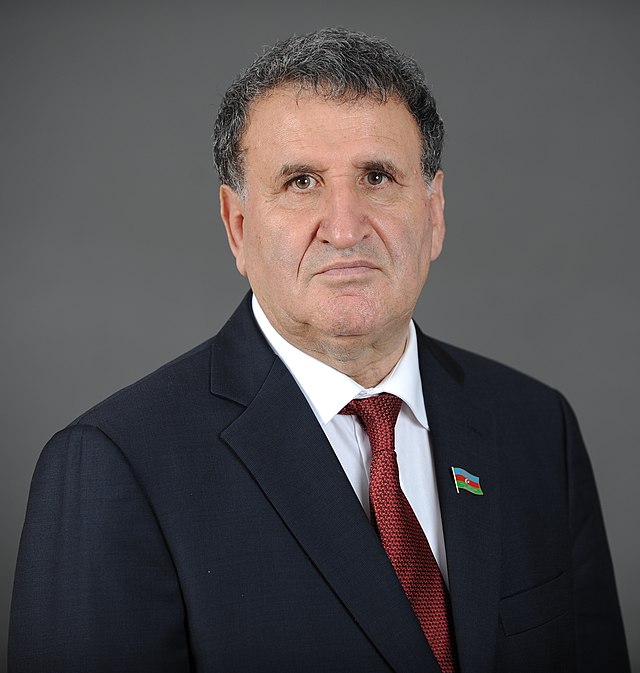
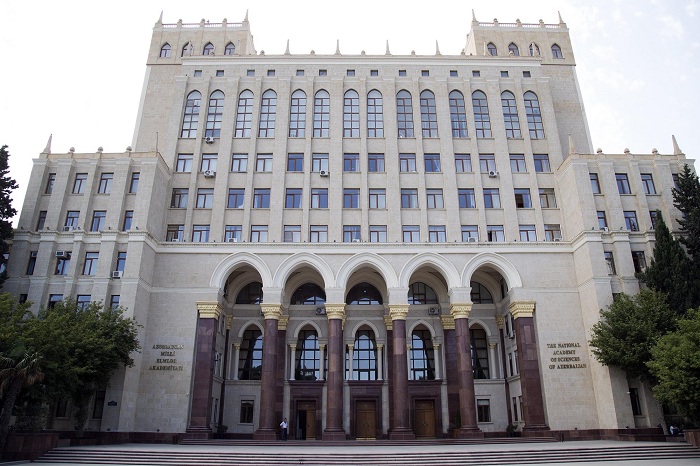
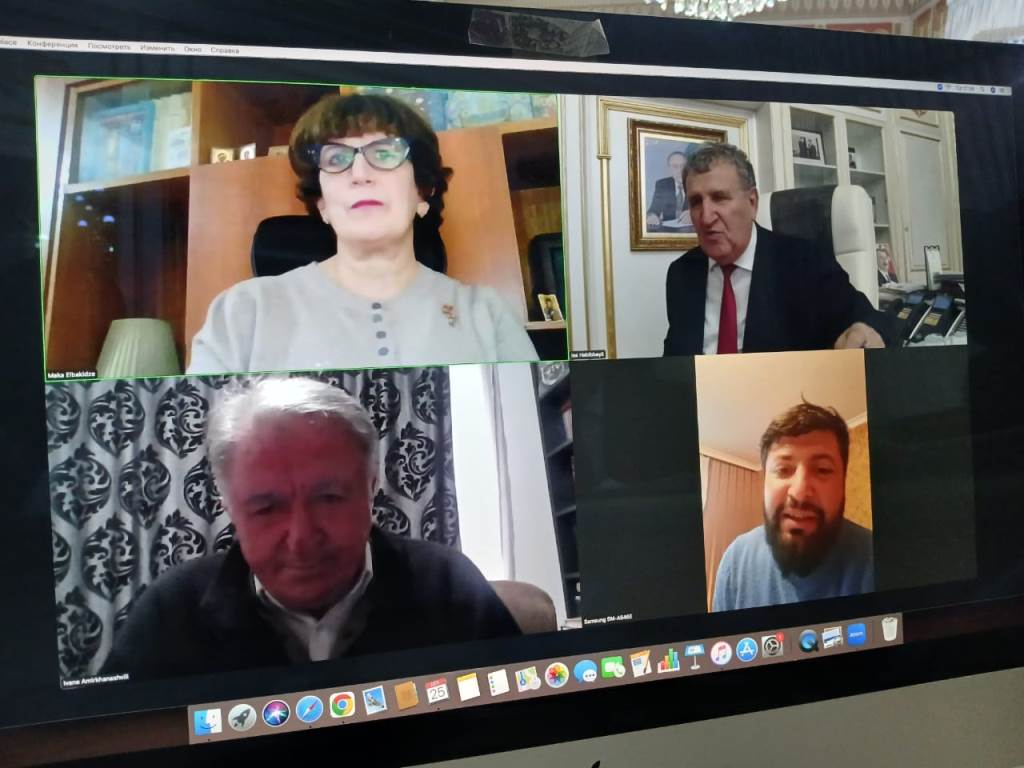

 Elm TV
Elm TV
 Photo
Photo
 Video
Video
